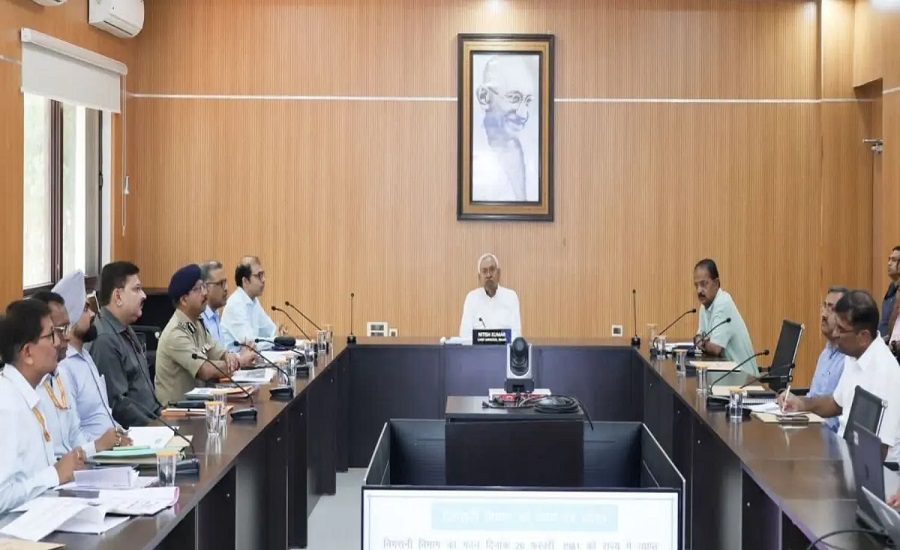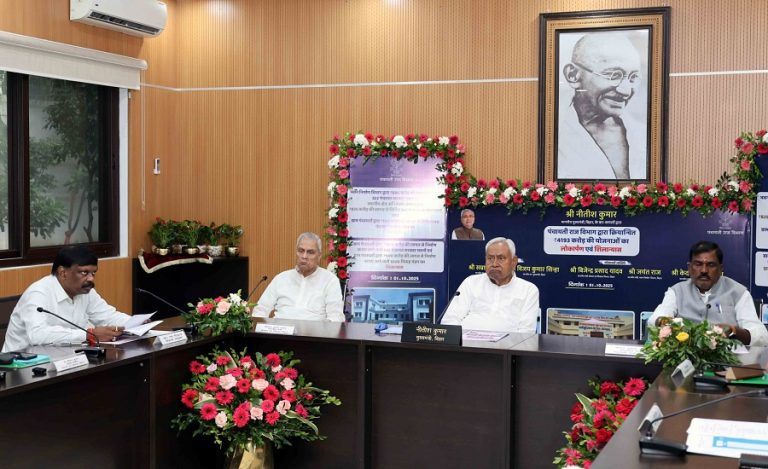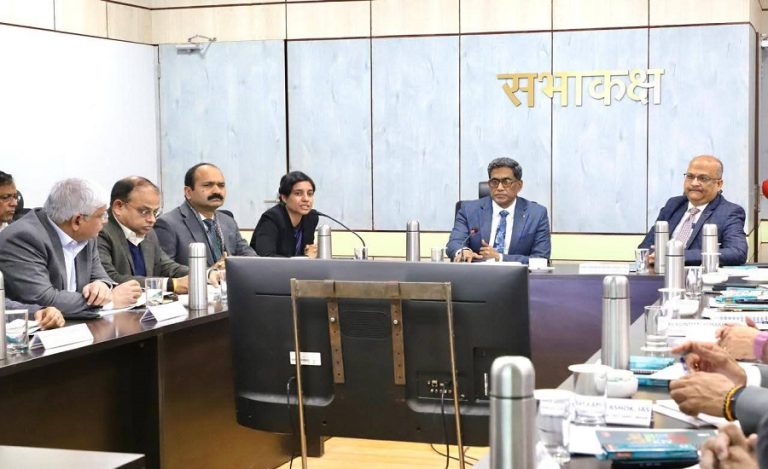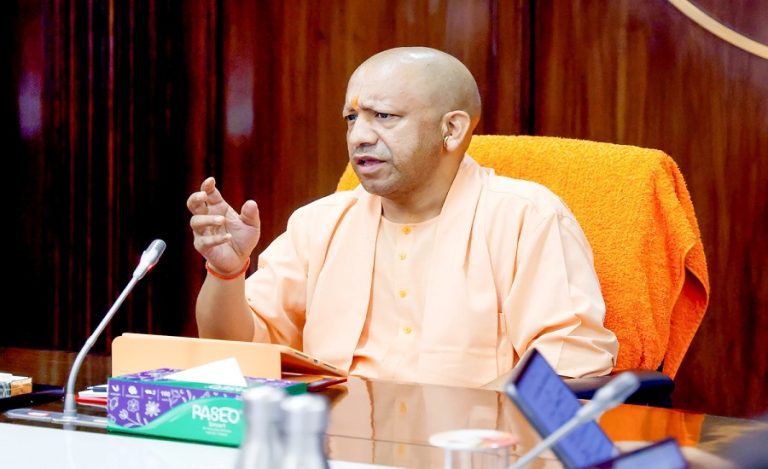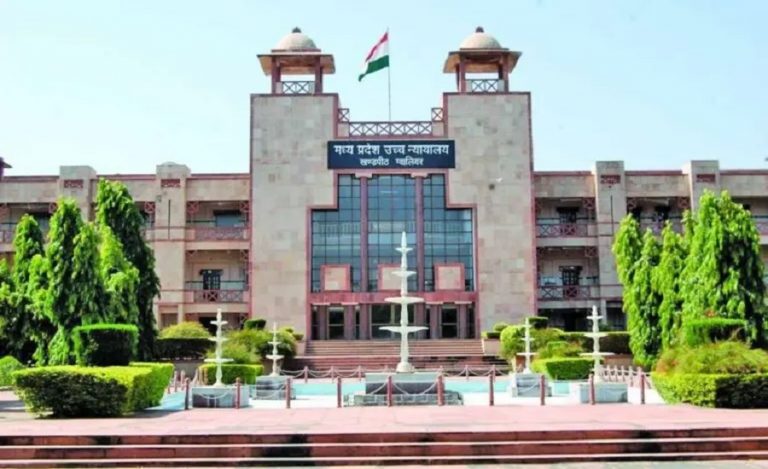Patna: In a major push for educational upliftment and employment generation among Scheduled Castes (SC) and Scheduled Tribes (ST), the Nitish Kumar-led Bihar government has approved the creation of 1,800 new posts across 40 upcoming Dr. Bhimrao Ambedkar 10+2 Residential Schools for SC/ST students. The decision was part of the 48 proposals cleared in the recent state cabinet meeting.
The move is seen as a significant step toward educational inclusion, employment generation, and social empowerment for marginalized communities in the state.
1800 New Teaching & Non-Teaching Posts Approved
The Scheduled Caste and Tribe Welfare Department had proposed the creation of 1,800 posts, which has now received cabinet approval. These will be distributed across 40 newly sanctioned residential schools.
Post-wise Breakdown:
- Headmasters: 40
- Teachers (Class 11–12): 760
- Teachers (Class 6–10): 360
- Teachers (Class 1–5): 280
- Non-teaching staff: 360
“Recruitment will begin soon for these posts,” said Additional Chief Secretary Arvind Chaudhary, during the official briefing.
New Residential School in Gopalganj at ₹65.80 Crore
The cabinet has also approved the construction of a state-of-the-art residential school in Gopalganj district with a capacity of 720 students.
- Project cost: ₹65 crore 80 lakh 11 thousand
- Facilities: Free education, food, and accommodation for enrolled students
- Objective: Ensure quality schooling access in backward regions
Currently, Bihar operates 66 SC residential schools and 25 for ST students, with 28 more under construction.
Education as a Pathway to Empowerment
This decision aligns with Chief Minister Nitish Kumar’s long-standing focus on uplifting backward and marginalized communities through education and skill development.
“Our goal is to ensure holistic development by strengthening the deprived sections and integrating them into the mainstream,” said a senior official.
With this initiative:
SC/ST students will get access to free, quality education.
Thousands of job opportunities will be created for teachers and support staff.
Long-term impacts include economic empowerment, reduction in dropout rates, and greater participation of SC/ST youth in higher education and public services.

